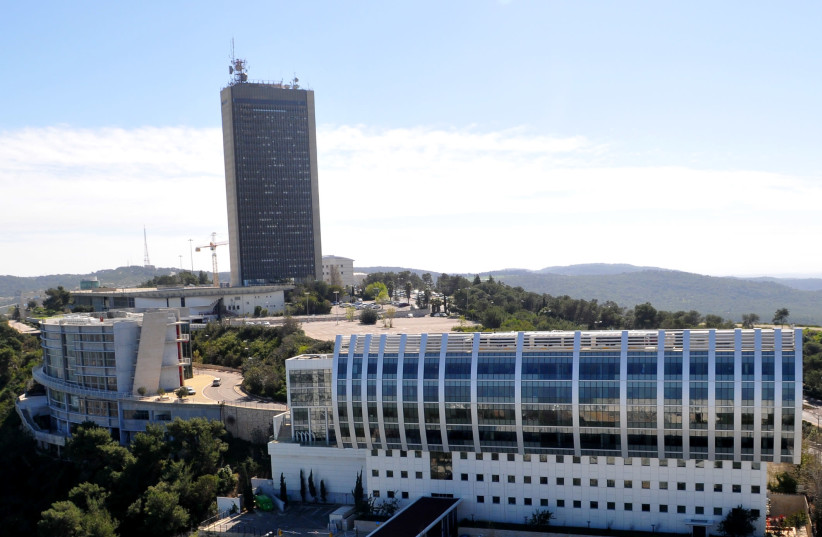As a Christian in Isfiya, a small Druze village in northern Israel, I often saw the impressive University of Haifa campus zoom past me as I was driven to school. I can’t say I longed to find my way to that institution because I could never have dreamed that I’d even acquire the skills and knowledge that one needs to be accepted. In my town, Haifa was the big tower of opportunities.
But my parents had other plans. Raised as a minority within a minority – a Christian Arab Maronite – the options available to my parents were limited. They never even graduated elementary school.
My father was adamant that I would not share the same fate. As such, education was a key driving force in my house and at times his passion for education defied logic.
For example, I was forced to study French long after my peers stopped doing so once they had their communion but I had to continue. Nuns taught me French when the idea of even spending a day in Paris seemed absurd.
“You’ll never know when you’ll need that language,” my father told me as kids would point and laugh while peering through the windows of the basement, where I studied alone. I didn’t feel special when I was that little girl in the basement of the convent. I was embarrassed.

But my father saw my potential even before I did. While it was surprising to me that I completed my post-doc in Paris, it certainly wasn’t to him.
Over the years, my approach to my identity has dramatically changed. I’m an Arab. I’m a Christian. I’m a Maronite. And I’m a woman. Each of these is a crucial part of my identity.
While some may assume that these different fragments may hold me back, I believe they’ve propelled me forward. They taught me how to navigate within each of these circles. Every aspect of my identity has enriched me in ways that make me feel privileged rather than the victim.
As the former chair of the Israeli Council for Higher Education’s steering committee that facilitates access to higher education for the Arab population, I can tell you from a professional and personal standpoint that my father was right.
Education is the only path to equality, coexistence and integration.
It was how I was able to not only break the cycle of poverty but also smash through a cement ceiling of oppression to become the first woman from my hometown to earn a Ph.D. and the first Arab woman in Israel to become a professor of neurobiology and to head a university department in neuroscience.
But I wish we lived in a reality where we didn’t always count who was the first and that there would be so many examples of women who did exemplary things so it would no longer be remarkable when they are the first to do so.
I also hope I’m not the first for long. If another woman doesn’t follow me then I have failed on two accounts: I’ve failed to convince the establishment that a woman can do this job as good as any other man and I’ve failed to convince women that they can and should put their hat in the ring.
Recently, the University of Haifa appointed me as its vice president of research and development – another first for an Arab woman. From a purely statistical perspective, if you look at who I am on paper, I should not occupy this office. I am a first-generation higher education. I come from an impoverished village. I’m a minority.
And yet, I’m a respected voice in academia because I believed in it and saw it as a path to intellectual and personal freedom.
When I enrolled at the University of Haifa, I didn’t know much Hebrew. The university gave me the tools I needed to catch up and then some. Once in graduate school, I found myself interacting with peers across backgrounds and that’s when so many doors opened for me.
I received fellowships, wrote papers in esteemed publications and chaired committees. Haifa gave me that. University faculty and staff recognized my uniqueness when I wasn’t able to. And whenever they gave me an opportunity, I seized it.
By all accounts, I shouldn’t be where I am today. But as we mark another International Women’s Day on Wednesday, I’m hoping to create a world for Ethiopians, haredim and Arabs – people who are statistically unlikely to succeed, like myself but deserve the opportunity to smash through any glass or cement ceiling before them.
The writer is professor of neurobiology at the University of Haifa and the vice-president of research and development at the university.
